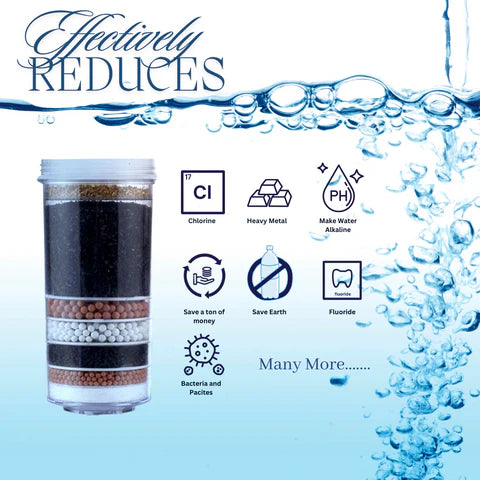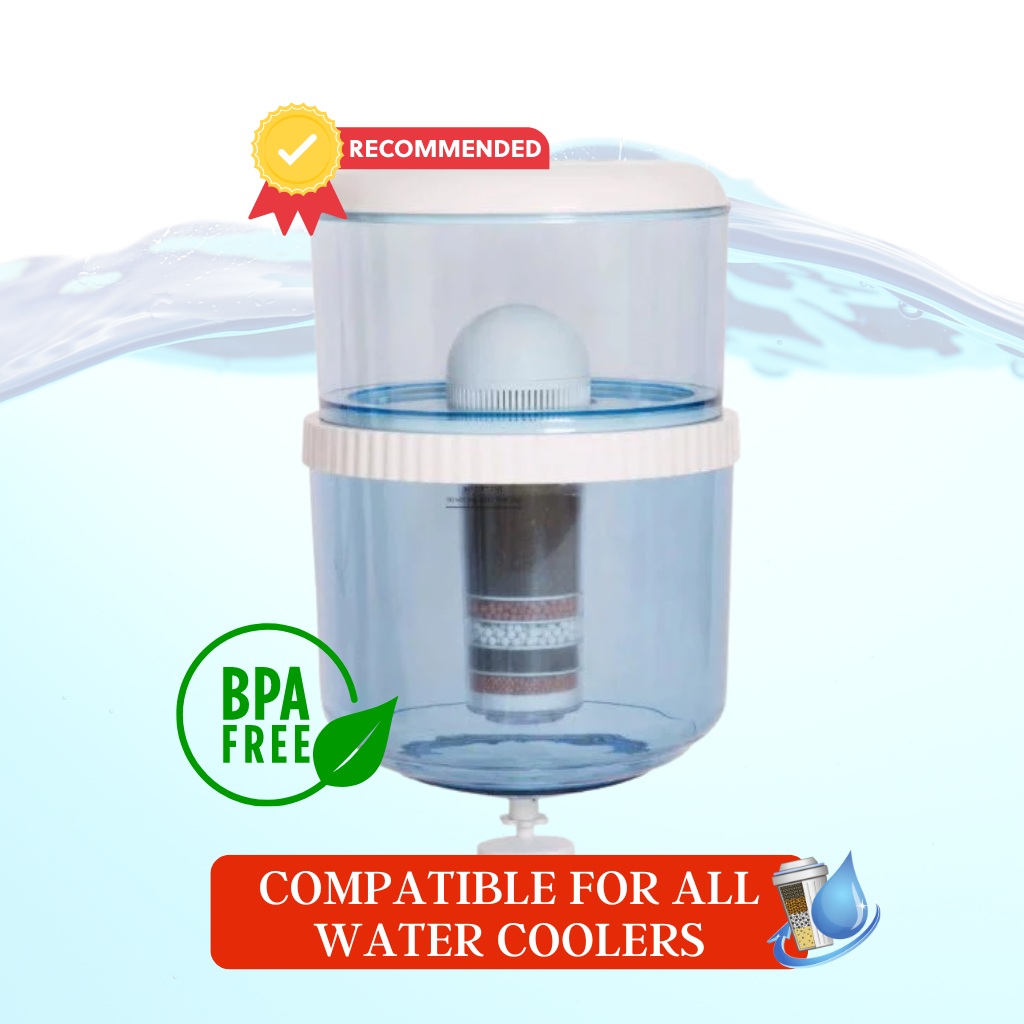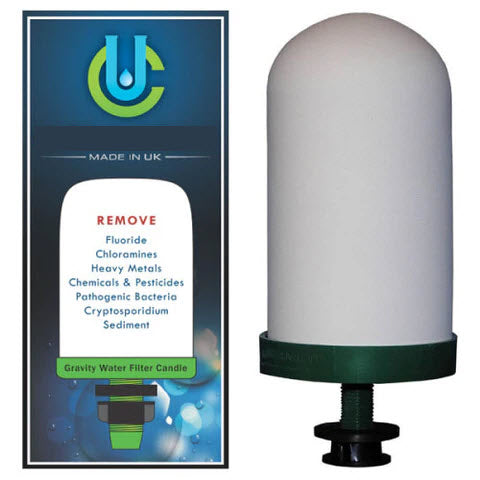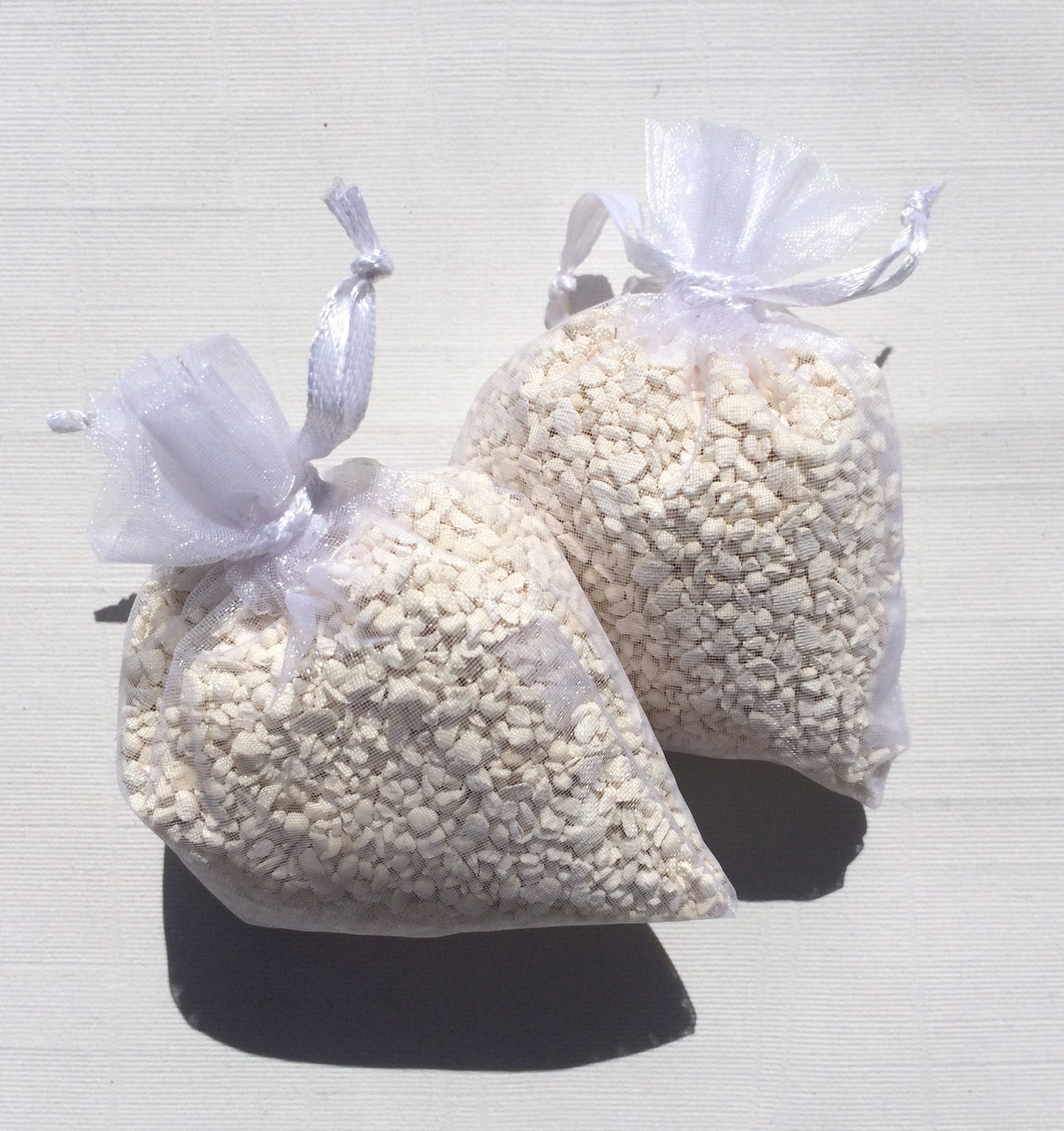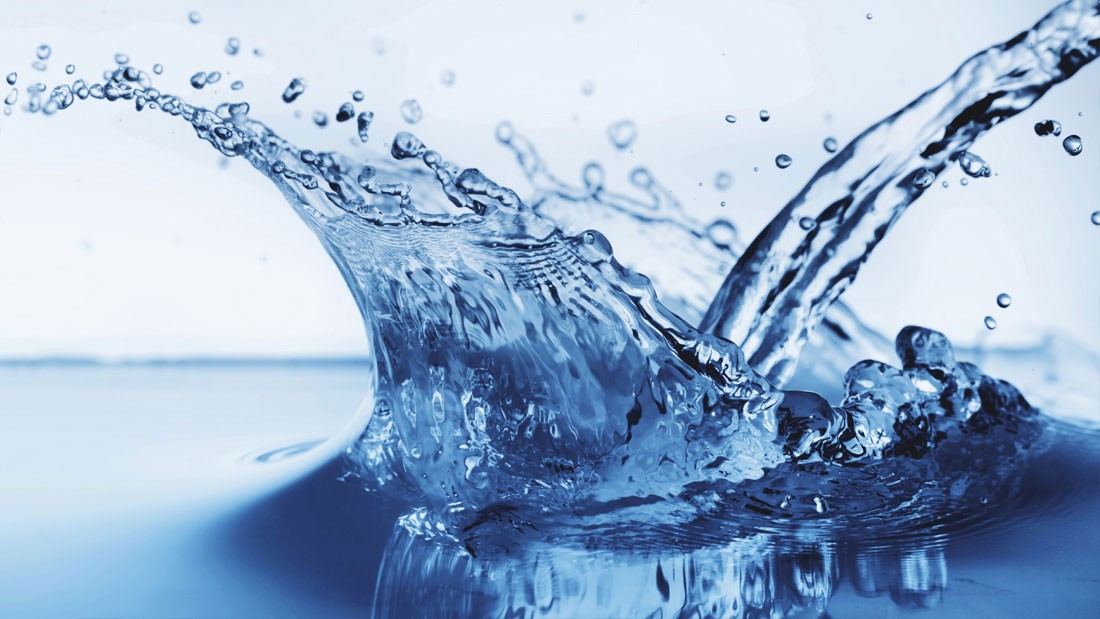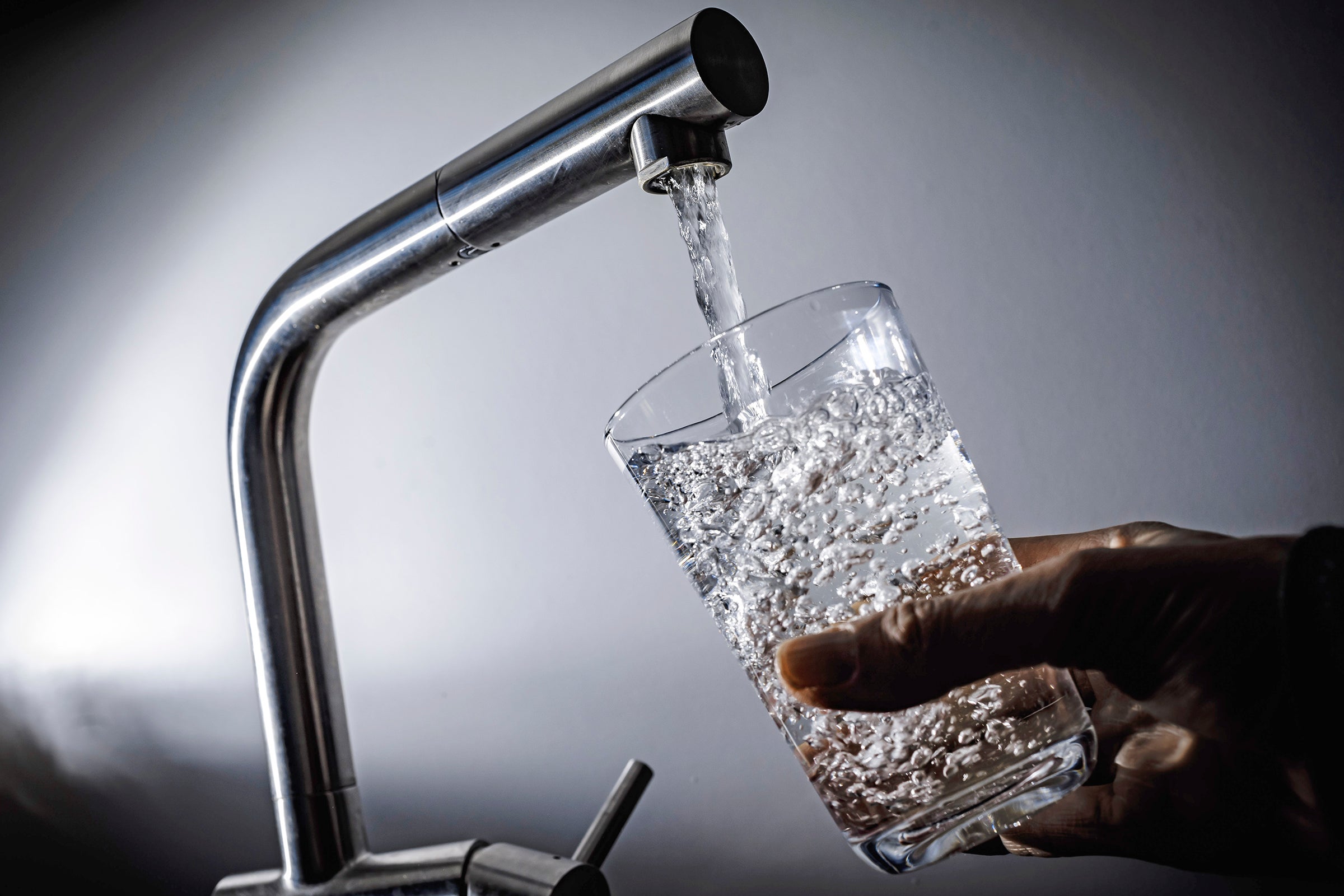Hi there, the filter itself is a very good filter, but the price is a high one. We use the system in a daycare, and in this case we have to replace filter quite regularly. This becomes slowly an investment. It is time to think about an alternative. Kind regards Albert Tauber
Very happy with the service and communication if you want to order from Awesome Water it was very easy hassle free what more could you asked for 🍻
Delivered quickly and they were easy to replace.


